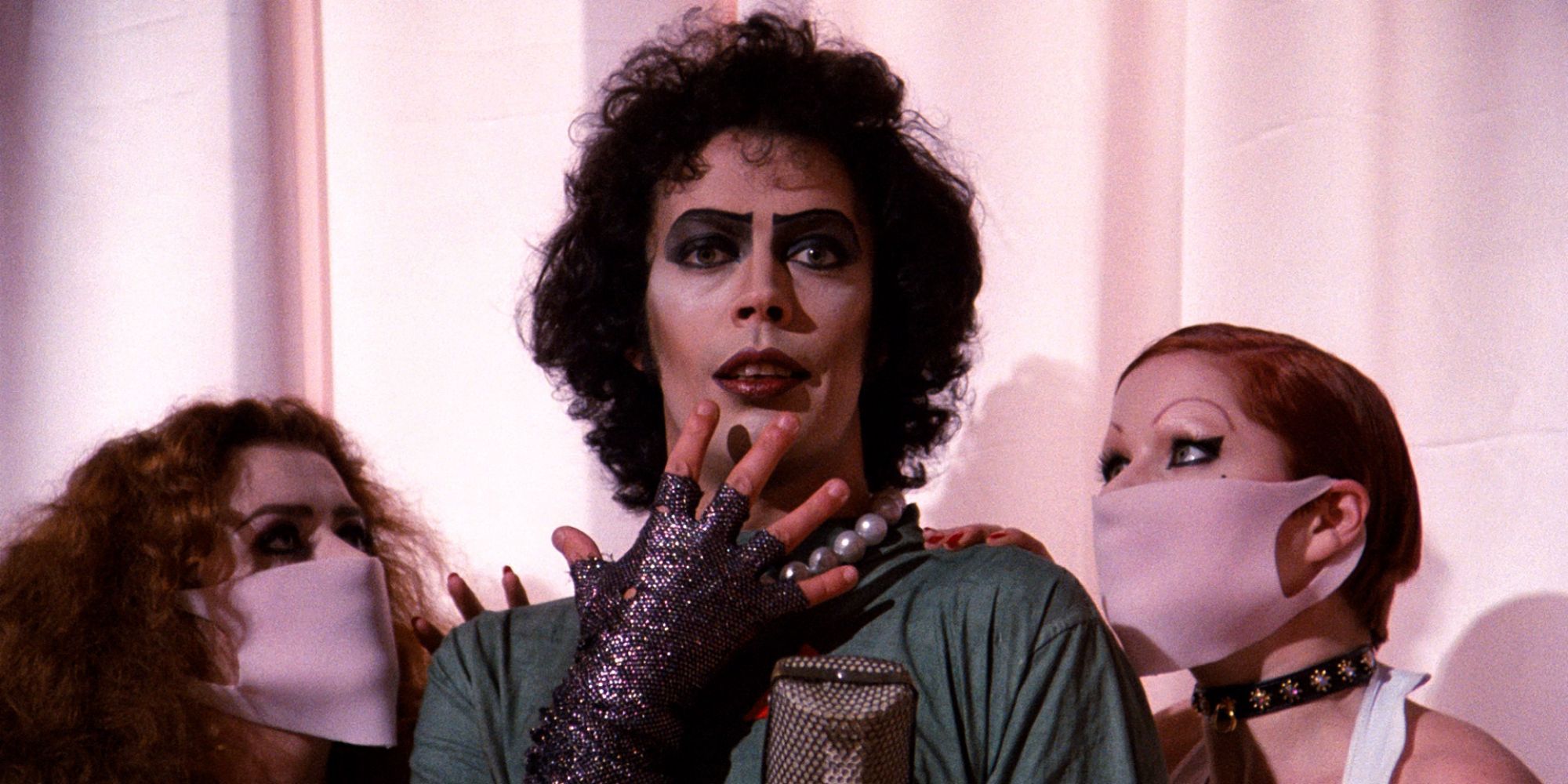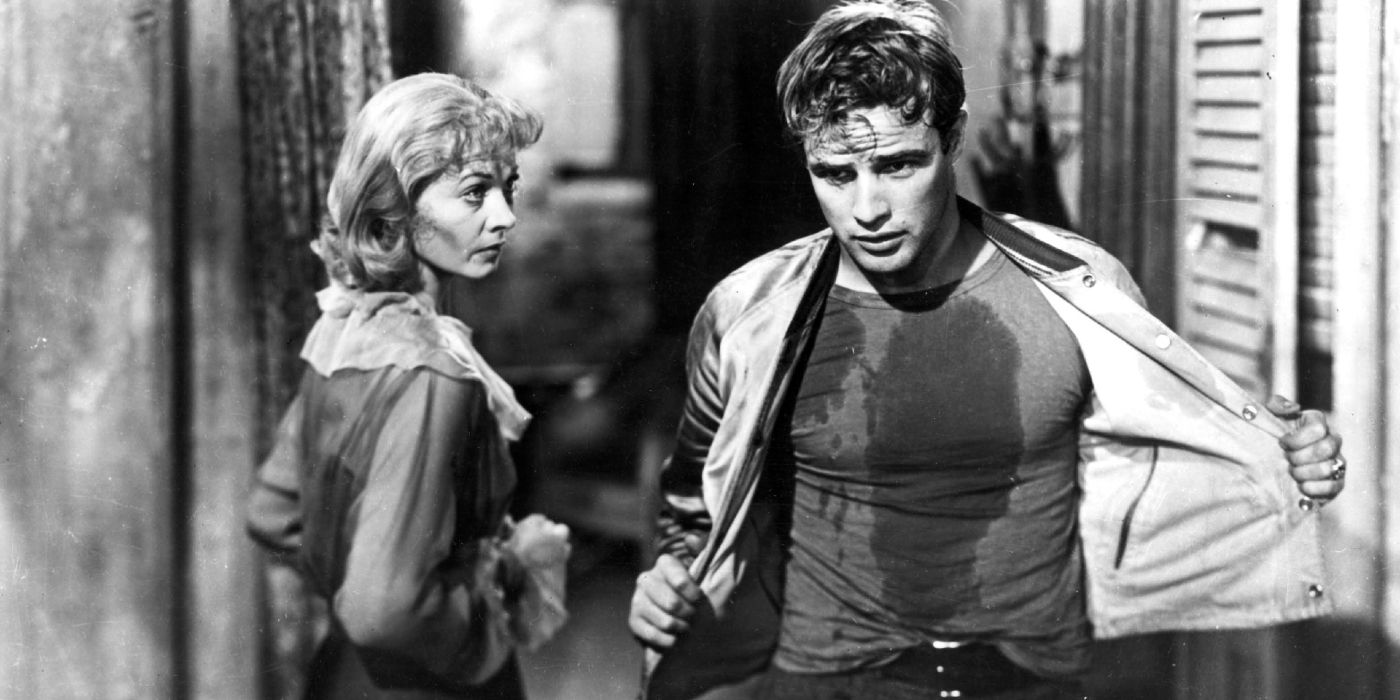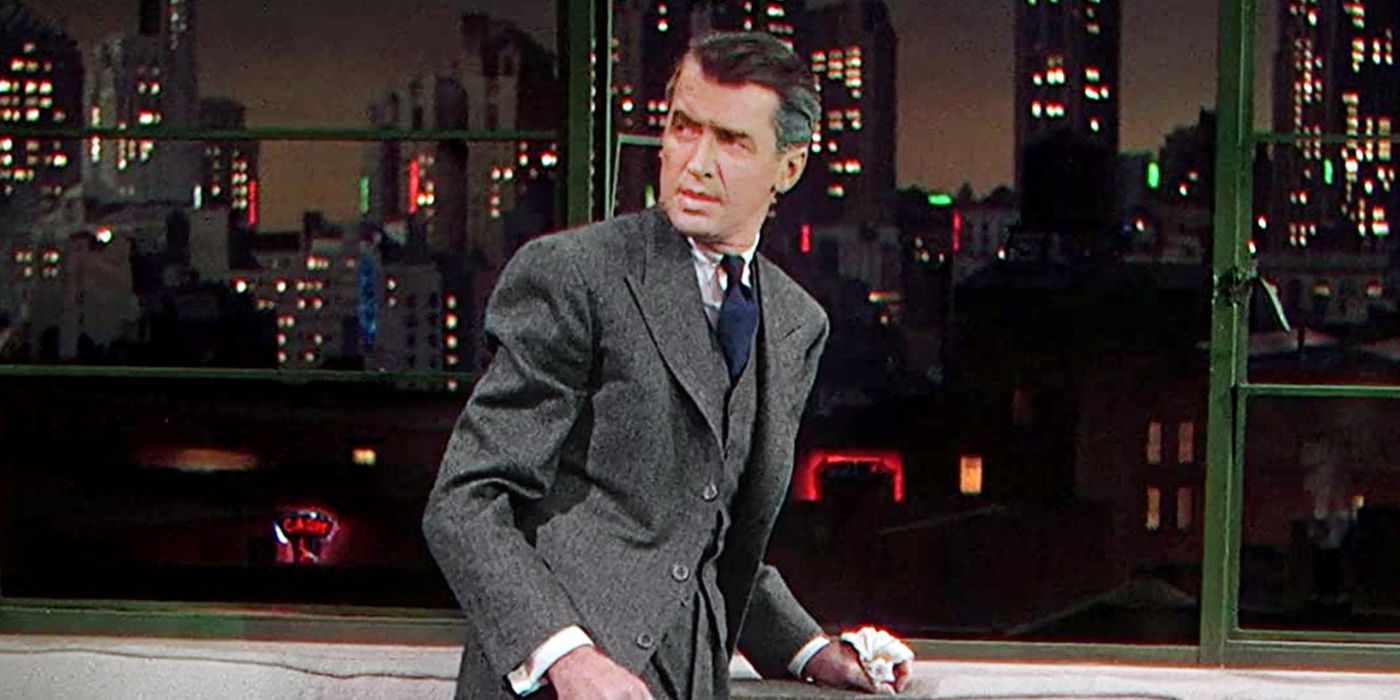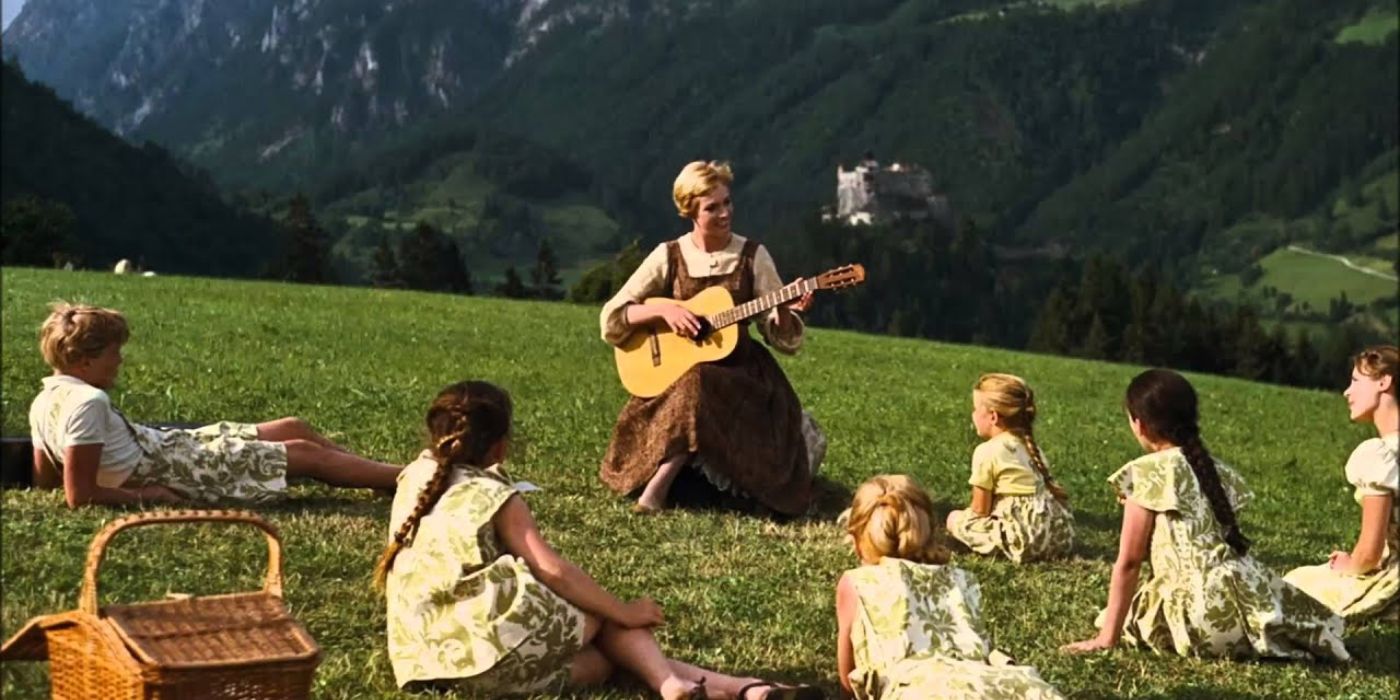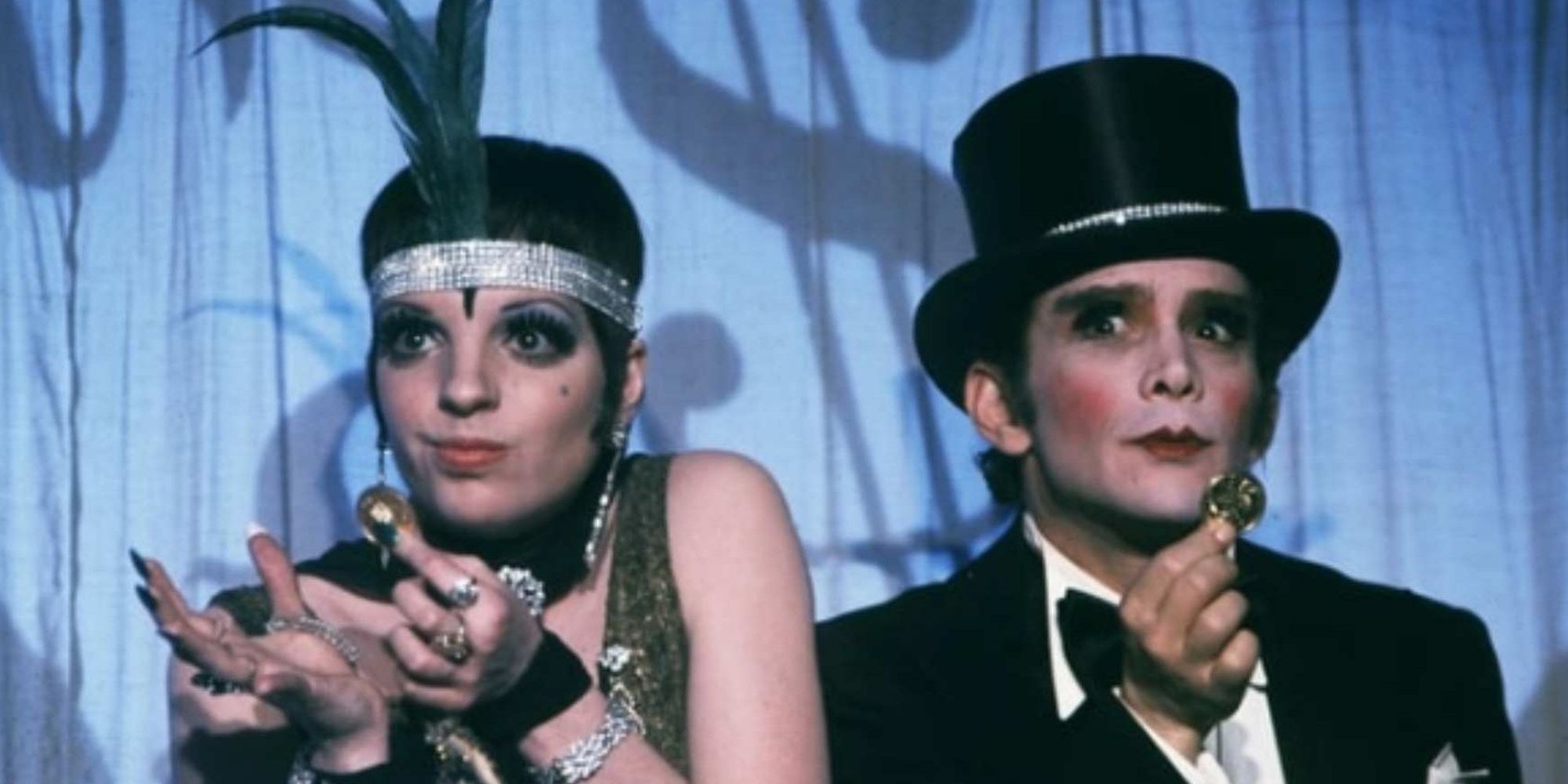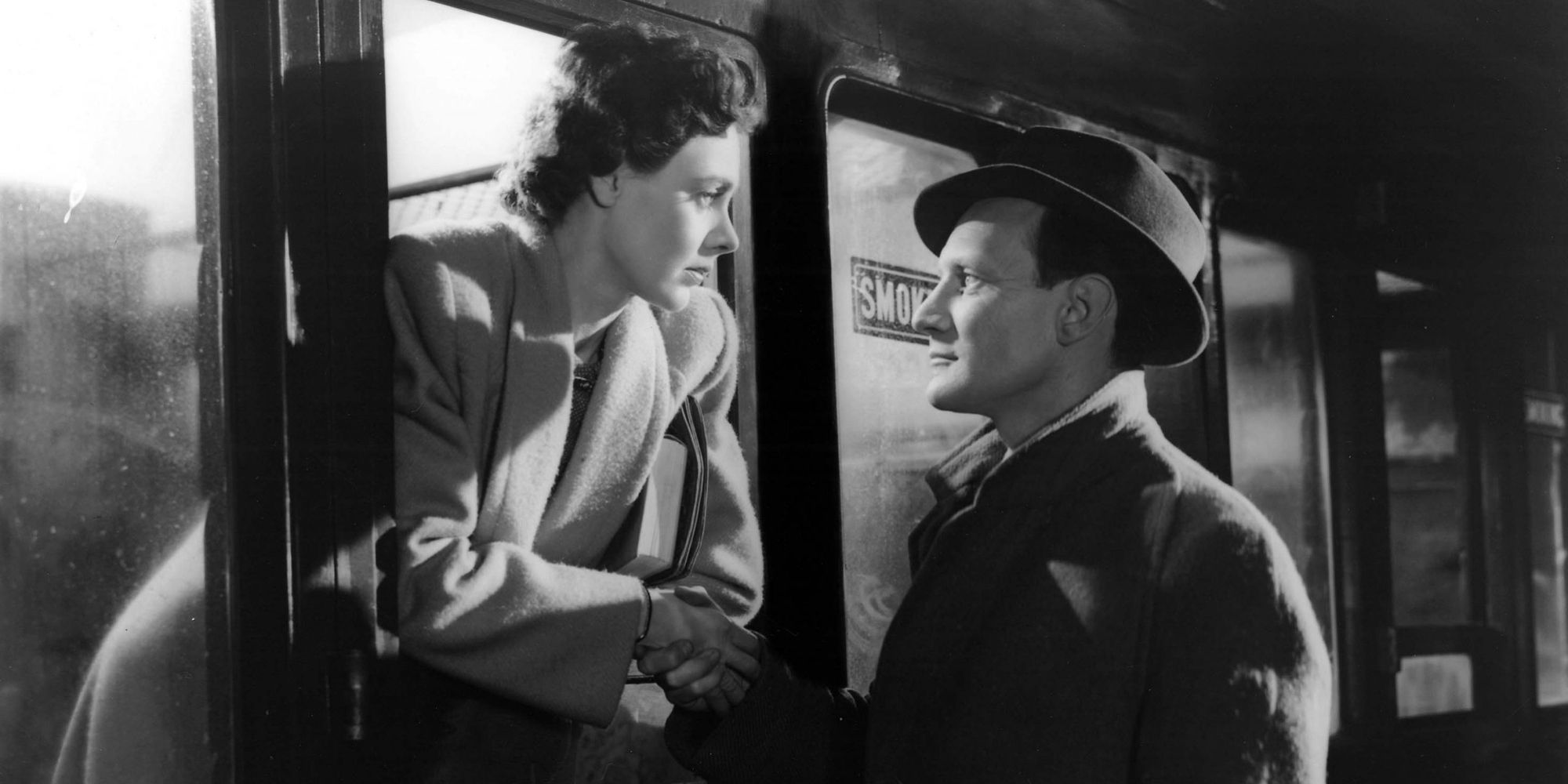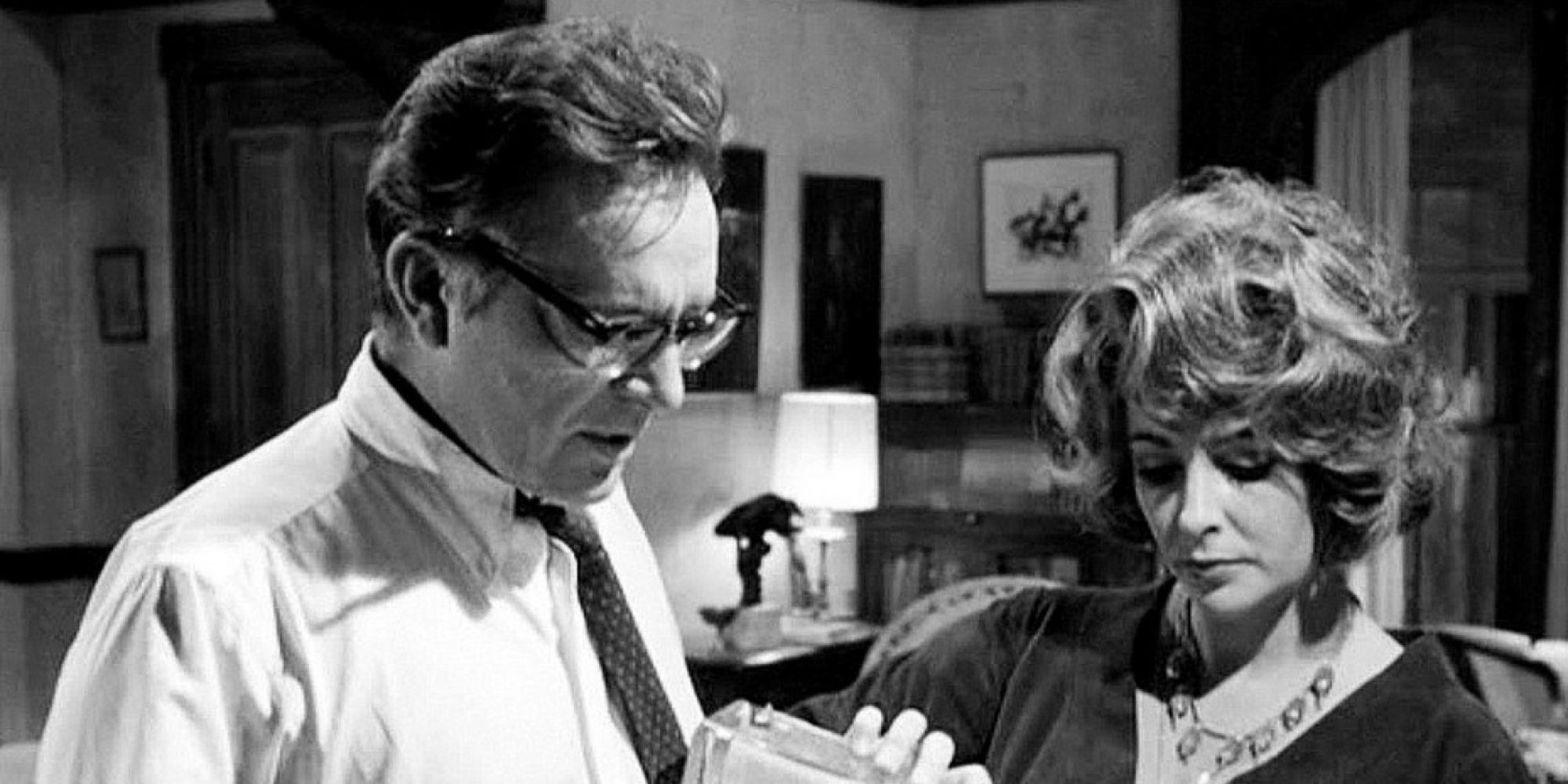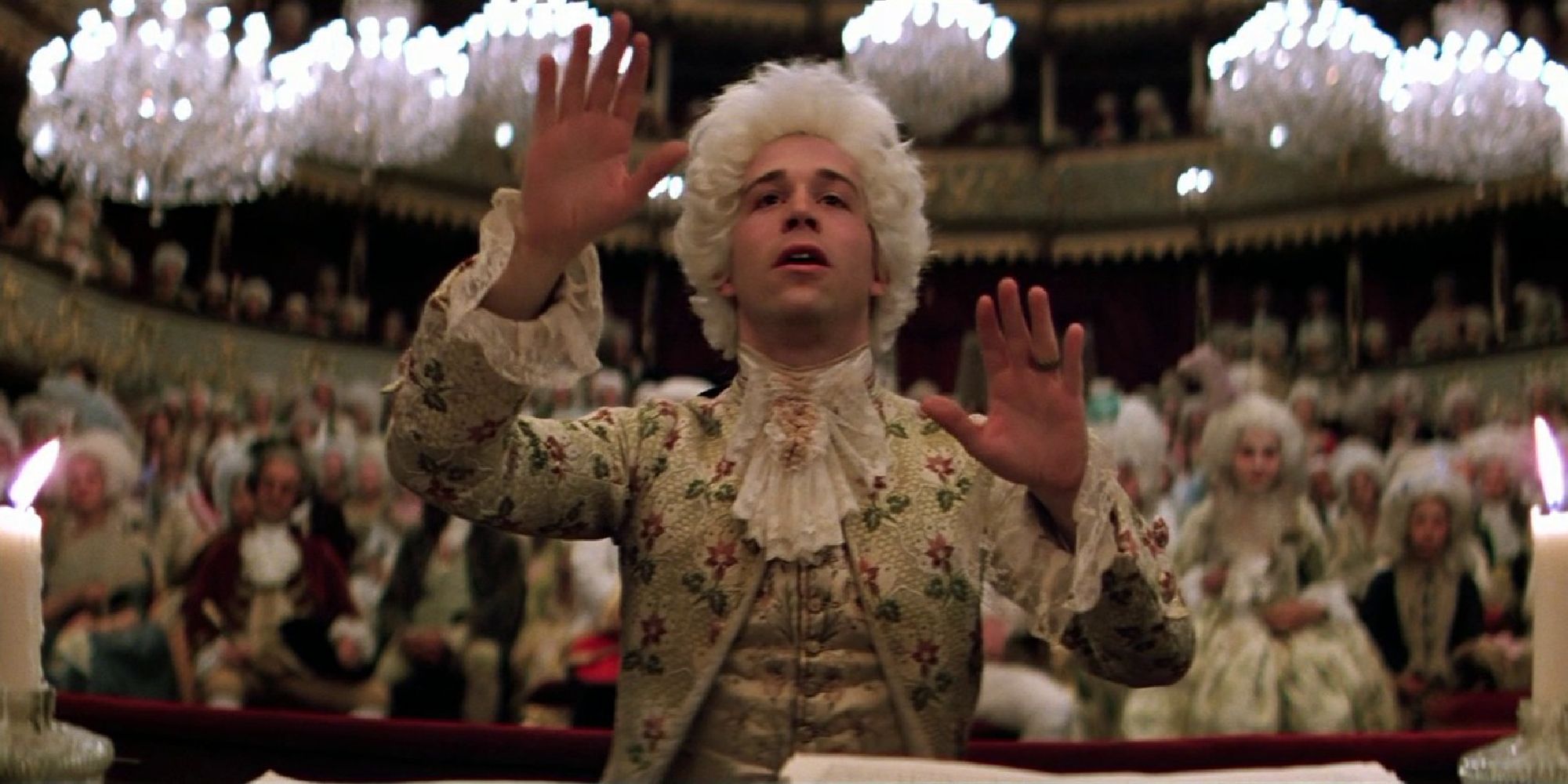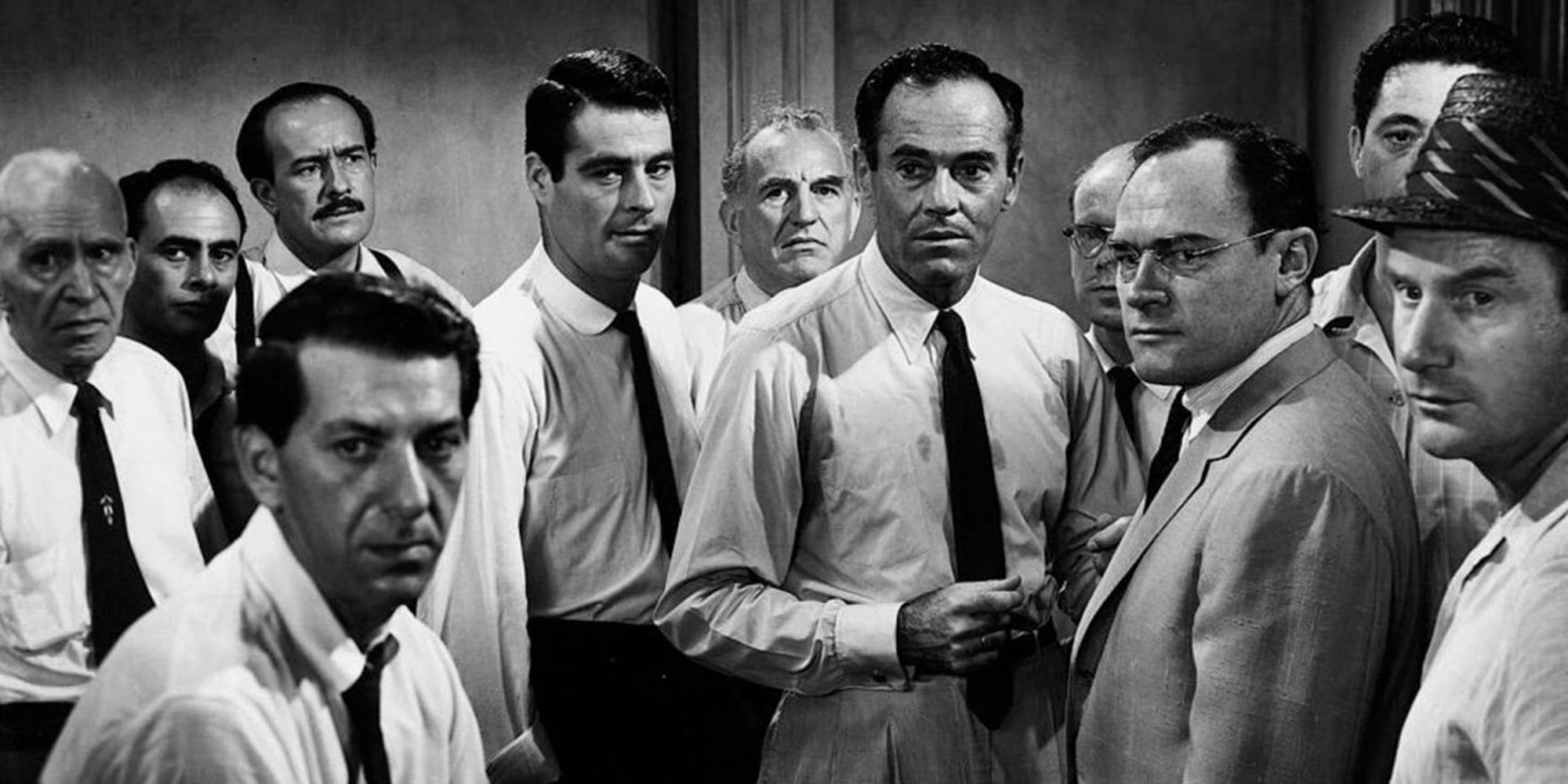There’s nothing like the thrill of a live performance. From an electrifying cast to an eager crowd of people, there is a synergy shared among performers and audiences that is unlike any other, to the point where it almost feels symbiotic. This is the energy that keeps people wanting more. Unfortunately, theater is rather restrictive as it can only be experienced in person and at one location, often for a limited time, not to mention their increased pricing.
The next best thing is to adapt it for the big screen, enabling a more global outreach and allowing for a more detailed and grander approach. Narratives and characters are no longer trapped on a small stage; they can be placed anywhere with endless possibilities. Sure, some stories may not need it, but others really benefit from it. Everyone’s favorite film hub, Letterboxd, has anointed these as the best stage adaptations that really hit their mark. Whether they’re based on a play, like A Streetcar Named Desire, or a musical, like Cabaret, these are timeless works of art that will forever be influential.
10 ‘A Few Good Men’ (1992)
Letterboxd Rating: 4.0
Navy lawyer Lt. Daniel Kaffee (Tom Cruise) is tasked to defend two stubborn marines accused of murdering a fellow private at the Guantanamo Bay Naval base. Though inexperienced in court, Kaffee is ultimately convinced to take the case to trial as he and his colleagues suspect corruption from the highest of authorities.
Everyone loves a thrilling crime drama, and none have emphasized it like A Few Good Men. Although packed with powerful performances from acting legends like Jack Nicholson, there have been times when this film has been critiqued for being a tad bit over the top. But how else is anyone supposed to deliver the high-stakes monologs? Given that it was an adaptation of Aaron Sorkin‘s monolith of a play, hard-hitting acting choices were exactly what was necessary.
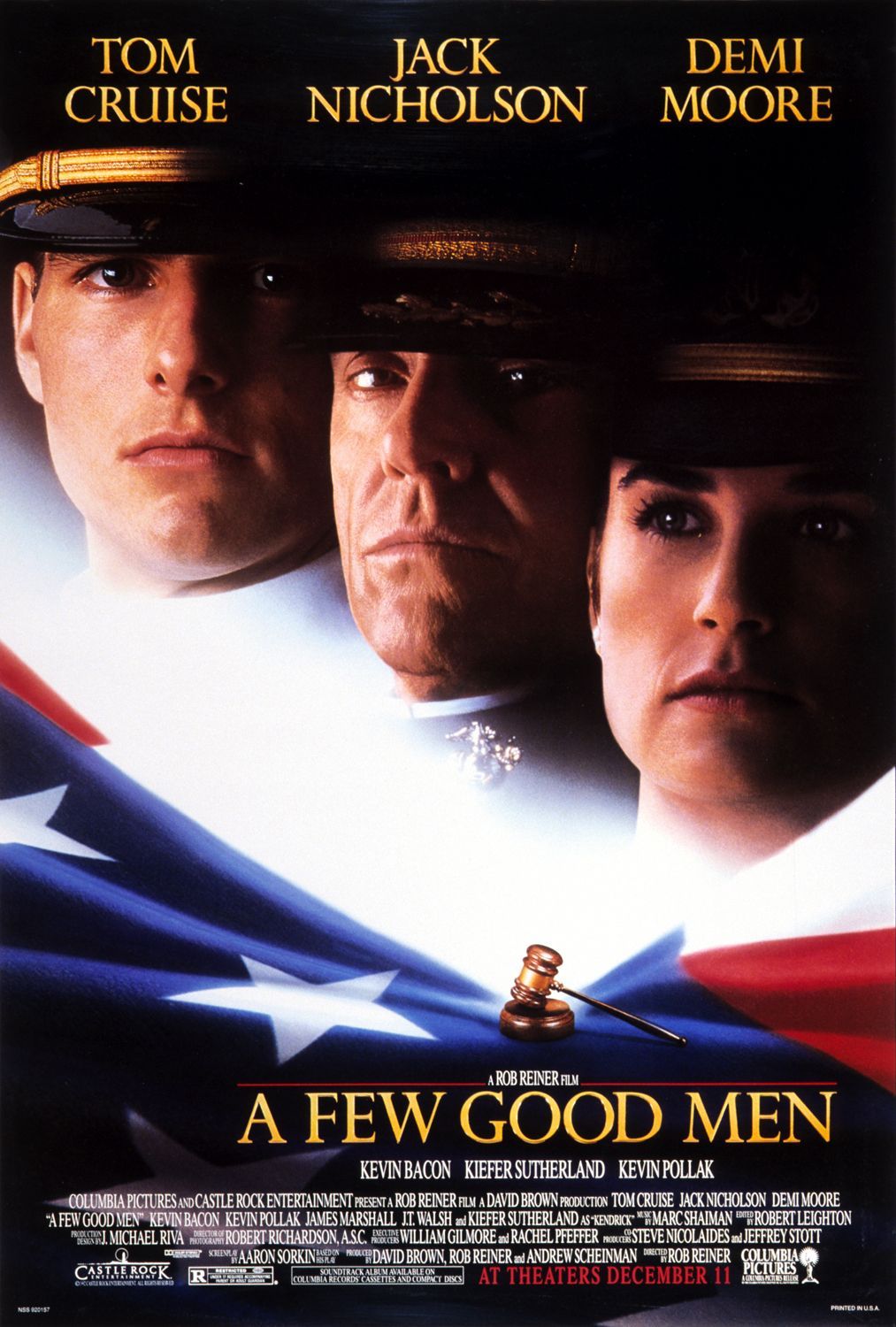
A Few Good Men
- Release Date
- December 11, 1992
- Runtime
- 138 minutes
- Writers
- Aaron Sorkin
9 ‘The Rocky Horror Picture Show’ (1975)
Letterboxd Rating: 4.0
Stuck with a flat tire, a newly engaged couple is left stranded on a stormy night until they discover a nearby mansion owned by Dr. Frank-N-Furter (Tim Curry), an eccentric transvestite scientist. Taking refuge in the house, the prim-and-proper couple meets a range of colorful individuals who eventually help bring their guard down and embrace the unexpected.
As an adaptation of one of the most campiest musicals of all time, it’s not surprising that The Rocky Horror Picture Show was rather controversial at the time of its release. Exploring and embracing the concepts of sexual fluidity and liberation, the film garnered a huge cult following, especially among the queer community. Thankfully, with it (and its music) being fun, fresh, and incredibly spunky, Rocky Horror has since become a cultural icon and has even been selected for preservation in the American National Film Registry.
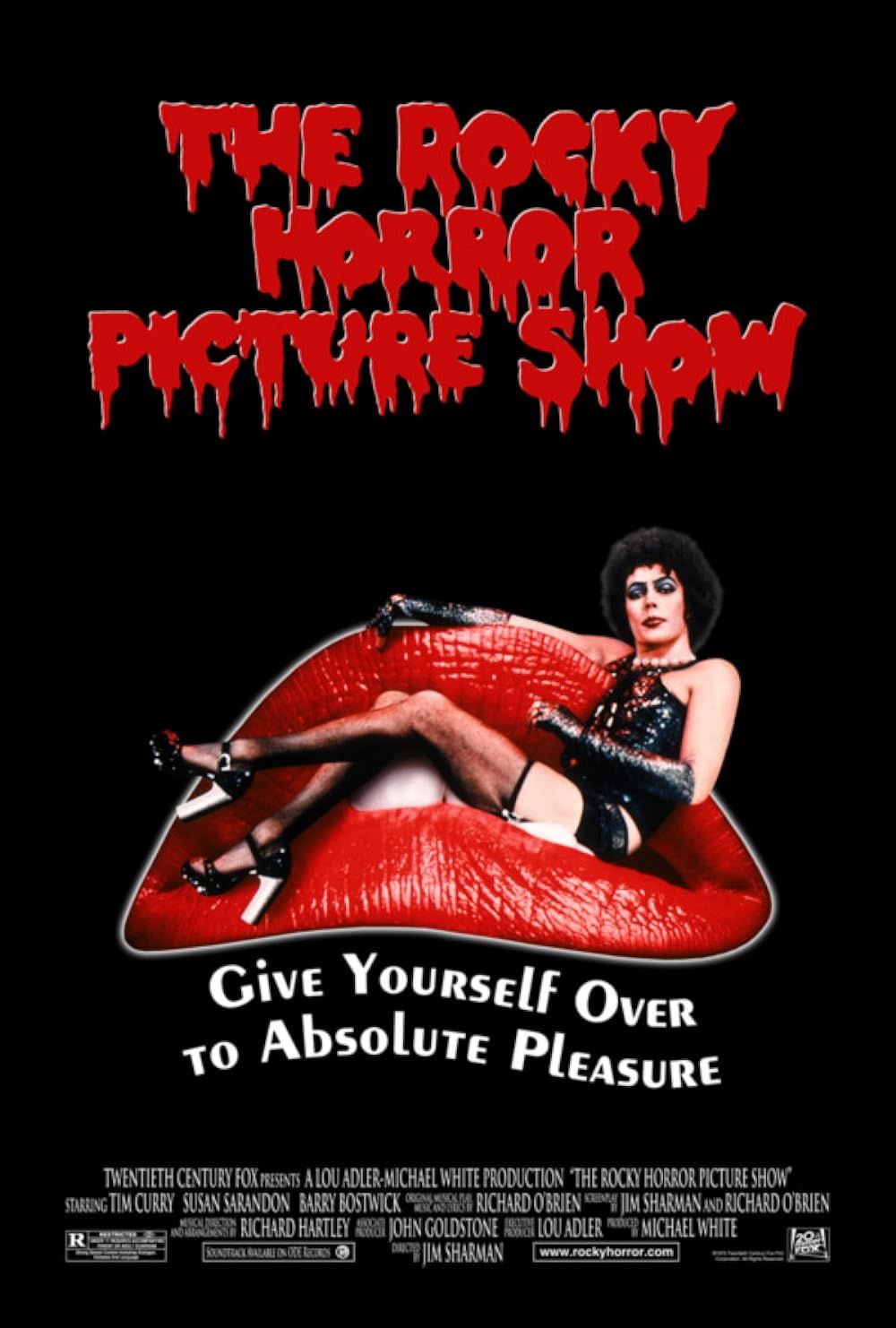
Rent on Amazon
8 ‘A Streetcar Named Desire’ (1952)
Letterboxd Rating: 4.0
Blanche Du Bois (Vivien Leigh) decides to leave small-town Mississippi to live with her sister, Stella (Kim Hunter), and her husband, Stanley (Marlon Brando), in New Orleans. But with her fragile mental state and flirtatious Southern Belle tendencies, Blanche’s presence causes severe damage to the married couple’s already volatile relationship, not to mention her well-being.
Based on the famed Tennessee William‘s play, A Streetcar Named Desire is a dark and sobering story that navigates the dark complexities of intimate relationships. The film features now-legendary performances from Brando and especially Vivien Leigh, in the role that would earn her a second Best Actress Oscar. Becoming both a commercial and critical success, it earned 12 Academy Award nominations and practically became a masterclass for actors, with Brando introducing the powers of method acting.
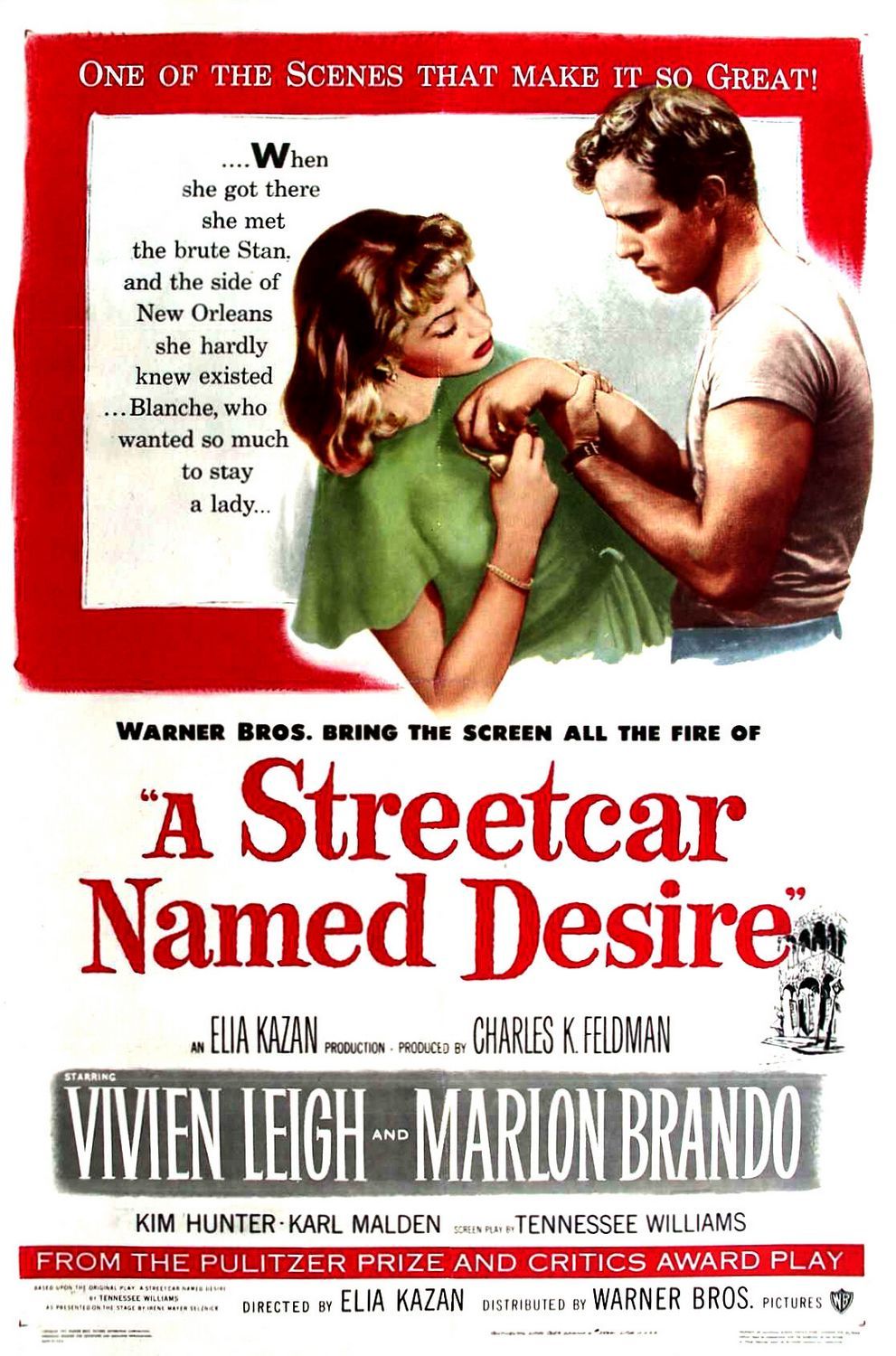
A Streetcar Named Desire (1951)
- Release Date
- September 19, 1951
- Director
- Elia Kazan
- Cast
- Vivien Leigh , Marlon Brando , Kim Hunter , Karl Malden , Peg Hillias , Nick Dennis
- Runtime
- 125 Minutes
- Writers
- Tennessee Williams , Oscar Saul
7 ‘Rope’ (1948)
Letterboxd Rating: 4.1
Roommates Brandon (John Dall) and Philip (Farley Granger) decide to murder their friend, mostly to prove that they can commit a crime without getting caught. Struck with a superiority complex, they host a small party after hiding the body in the old trunk in their living room. But as the night goes on and they’re surrounded by close friends and family, their arrogance and hubris get the better of them.
As a surprising addition to Alfred Hitchcock‘s darkest films, Rope is an unnerving thriller that masterfully keeps audiences on their toes. With a morbid plot driven by dramatic tension, its theatrical origins are only enhanced by the creative decision to edit the movie as if it were filmed in one continuous take. What makes this story even more horrifying is how Patrick Hamilton, the original playwright, drew inspiration from a real-life 1924 true-crime case.
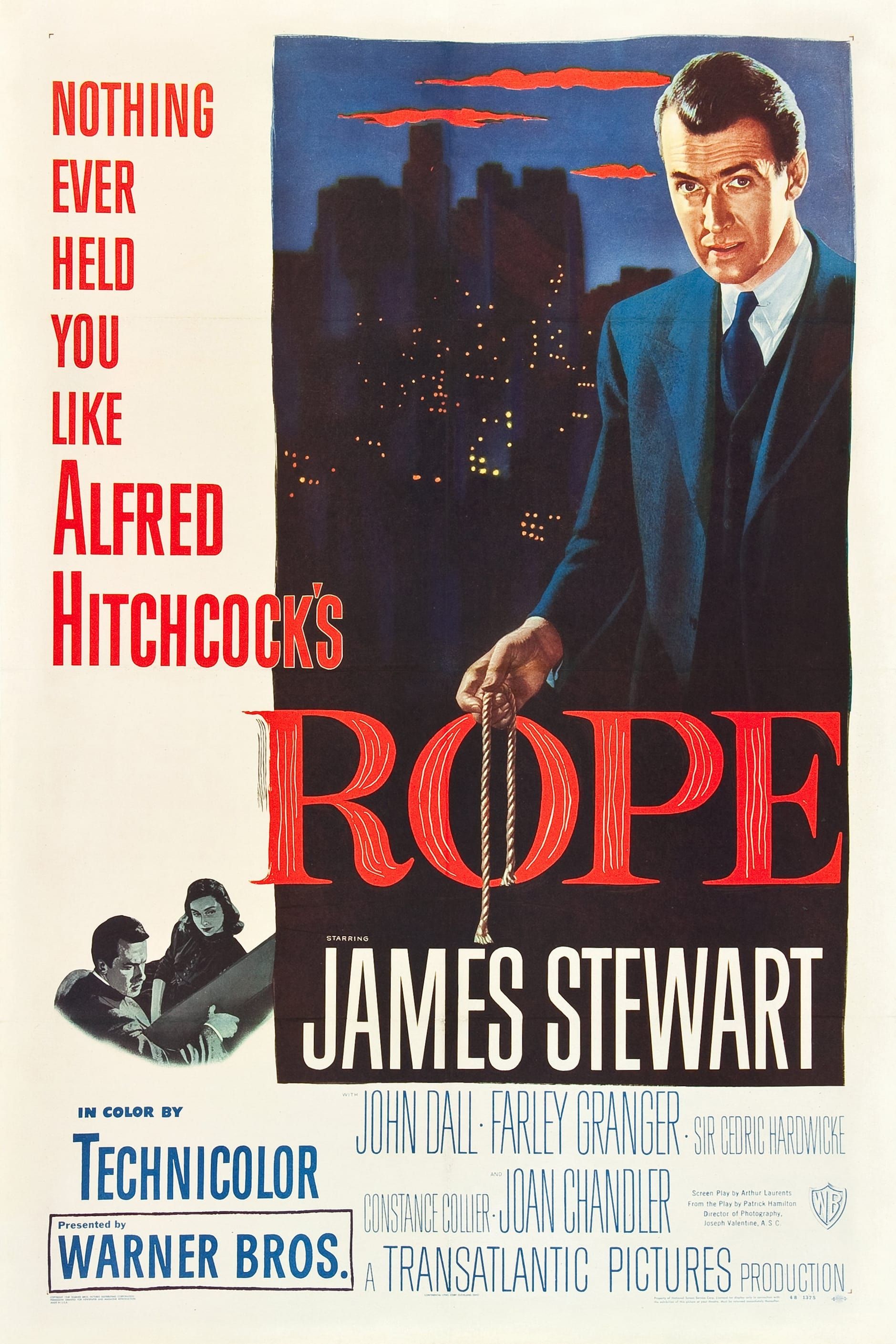
Rope (1948)
- Release Date
- September 25, 1948
- Cast
- James Stewart , John Dall , Farley Granger , Dick Hogan , Edith Evanson , Cedric Hardwicke
- Runtime
- 80 Minutes
- Writers
- Hume Cronyn , Patrick Hamilton , Arthur Laurents , Ben Hecht
6 ‘The Sound of Music’ (1965)
Letterboxd Rating: 4.1
Set in 1930s Austria, Maria (Julie Andrews), an aspiring nun, is sent to become the governess of a motherless family with seven children. As a father, Captain VonTrapp (Christopher Plummer) runs his household much like a military ship, giving Maria the opportunity to bring some light and music back into their lives. Not only does this warm the hearts of the children but also their father.
As one of the most romantic and comforting musicals of all time, The Sound of Music has become a staple in many households across the world. Iconic in its songs, scenes, and scenery, the movie had everyone wanting Andrews to be their second mother. It is believed to be perfect in every way, largely because changes were made to the original Rodgers and Hammerstein stage musical. The most important one is how they employed a darker tone in the latter half of the film. Indeed, where The Sound of Music is fun and joyful, it was necessary to acknowledge the heinous realities the characters faced as they lived in the times of the Nazi regime.
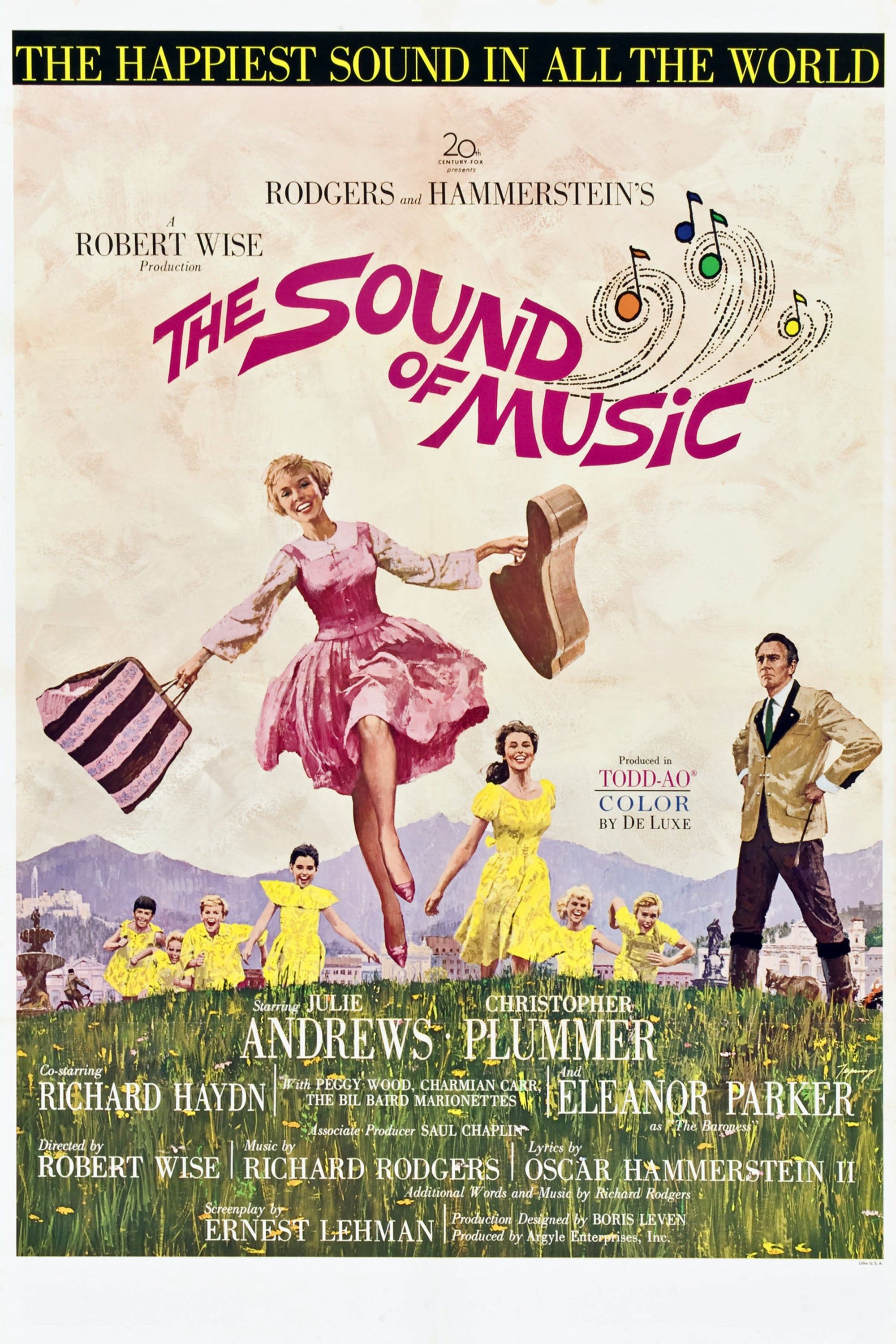
The Sound of Music
- Release Date
- April 1, 1965
- Director
- Robert Wise
- Runtime
- 172 minutes
- Writers
- Howard Lindsay , Russel Crouse , Ernest Lehman , Maria von Trapp
5 ‘Cabaret’ (1972)
Letterboxd Rating: 4.1
Set in 1931 Berlin, during the rise of the Nazi party and the fall of the Weimar Republic, American Sally Bowles (Liza Minnelli) is a cabaret singer who works at the Kit Kat Club. She soon finds herself caught in the midst of a love triangle, where she catches the eye of two men who happen to be regulars at the club.
With the famed stage musical making a resurgence on Broadway again, it only seems fair to look back at its iconic film adaptation. Cabaret was a major commercial and critical success, with it sweeping up 8 Oscars (and what could’ve been its ninth had The Godfather not come out the same year). Though dark in concept, audiences remain captivated by its thought-provoking nature, especially when it’s set against a contrasting background of electrifying songs and choreography.
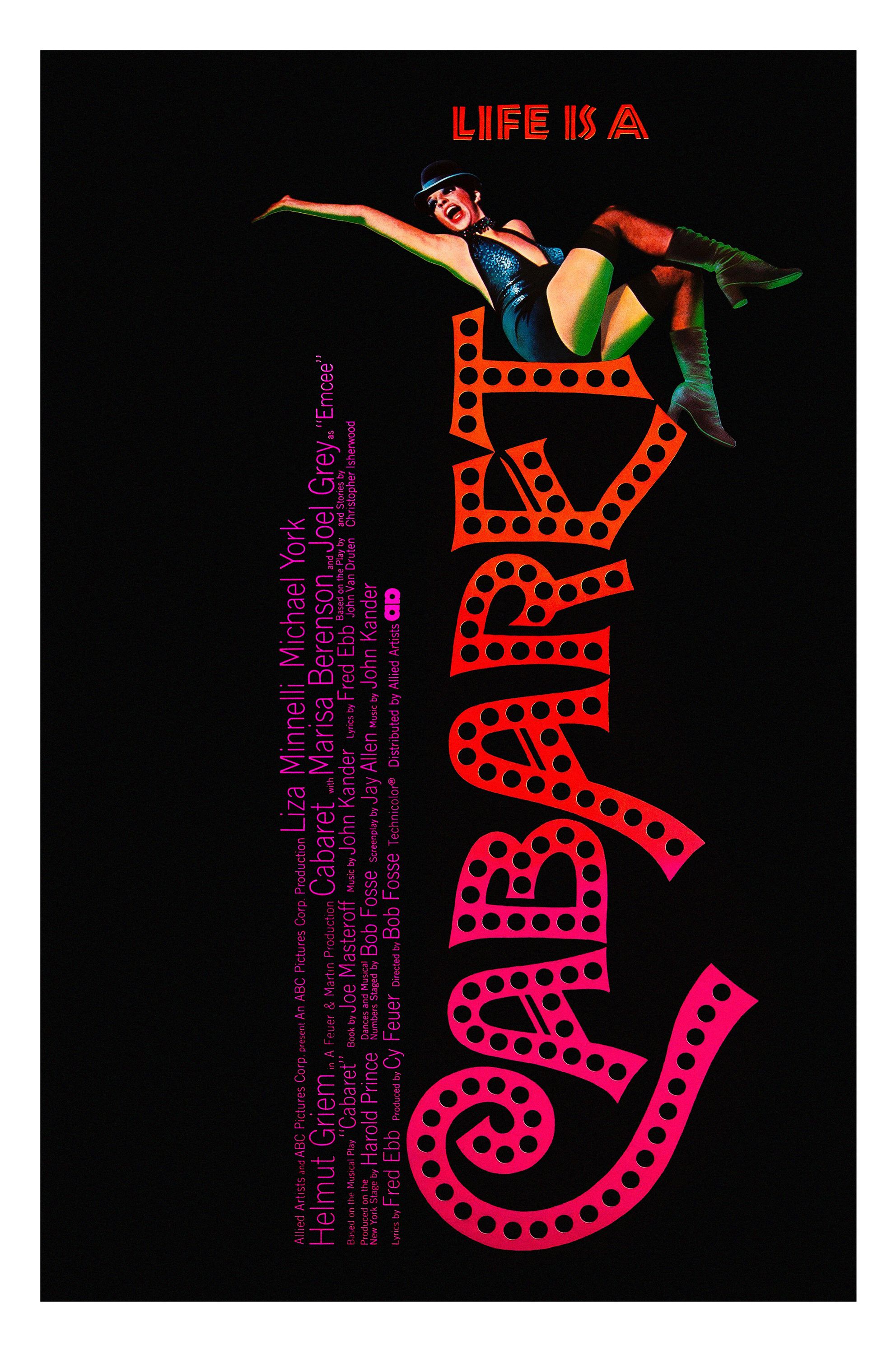
Cabaret
- Release Date
- February 13, 1972
- Cast
- Liza Minnelli , Michael York , Joel Grey , Marisa Berenson
- Runtime
- 124 minutes
4 ‘Brief Encounter’ (1945)
Letterboxd Rating: 4.3
Upon returning from a shopping trip, Laura Jesson (Celia Johnson), a jaded suburban housewife, meets Dr Alec Harvey (Trevor Howard) at a railway station by chance. The two quickly become acquainted and eventually make their weekly meetings a regular occurrence as their connection slowly grows. Having enjoyed each other’s company, the two realize they’re falling in love with each other, but their respective marriages complicate things.
A truly heartbreaking film,
Brief Encounter
wonderfully reflects Noël Coward’s beloved play,
Still Life
.
There have been countless will-they-won’t-they couples throughout cinematic history, many of which do end up crossing the romantic line. And yet, Brief Encounter is much more than that. This is a film that harbors similar traits of yearning and lust but remains a grounded story of humans’ desire for true companionship. There is no “happily ever after,” only the realities of life, which can be painful and tragic as they aren’t what the heart desperately desires. A truly heartbreaking film, Brief Encounter wonderfully reflects Noël Coward‘s beloved play, Still Life.
Watch on PlutoTV
3 ‘Who’s Afraid of Virginia Woolf’ (1966)
Letterboxd Rating: 4.3
George (Richard Burton) and Martha (Elizabeth Taylor) are a middle-aged couple whose marriage is charged with vitriolic verbal battles and constant emotional anguish. One late night, the two are joined by a new colleague, Nick (George Segal), and his wife, Honey (Sandy Dennis), for a nightcap. Unfortunately, as the night progresses and more alcohol flows, the younger couple finds themselves twisted up in the antagonism of George and Martha.
They say art reflects life, and where viewers cannot assume what happens behind closed doors, perhaps the real-life marriage between Burton and Taylor is what gave this film such power in its intimacy. It’s an explosive directorial debut for Mike Nichols, masterfully crafting a fascinating psychological experience that hinders the unraveling of two troubled individuals. Easily showcasing the best performances of Taylor’s (and possibly Burton’s) career, there’s no wonder why this movie earned a whopping 13 Oscar nominations. However, much of it did have to do with the genius source material of Edward Albee’s electrifying play.
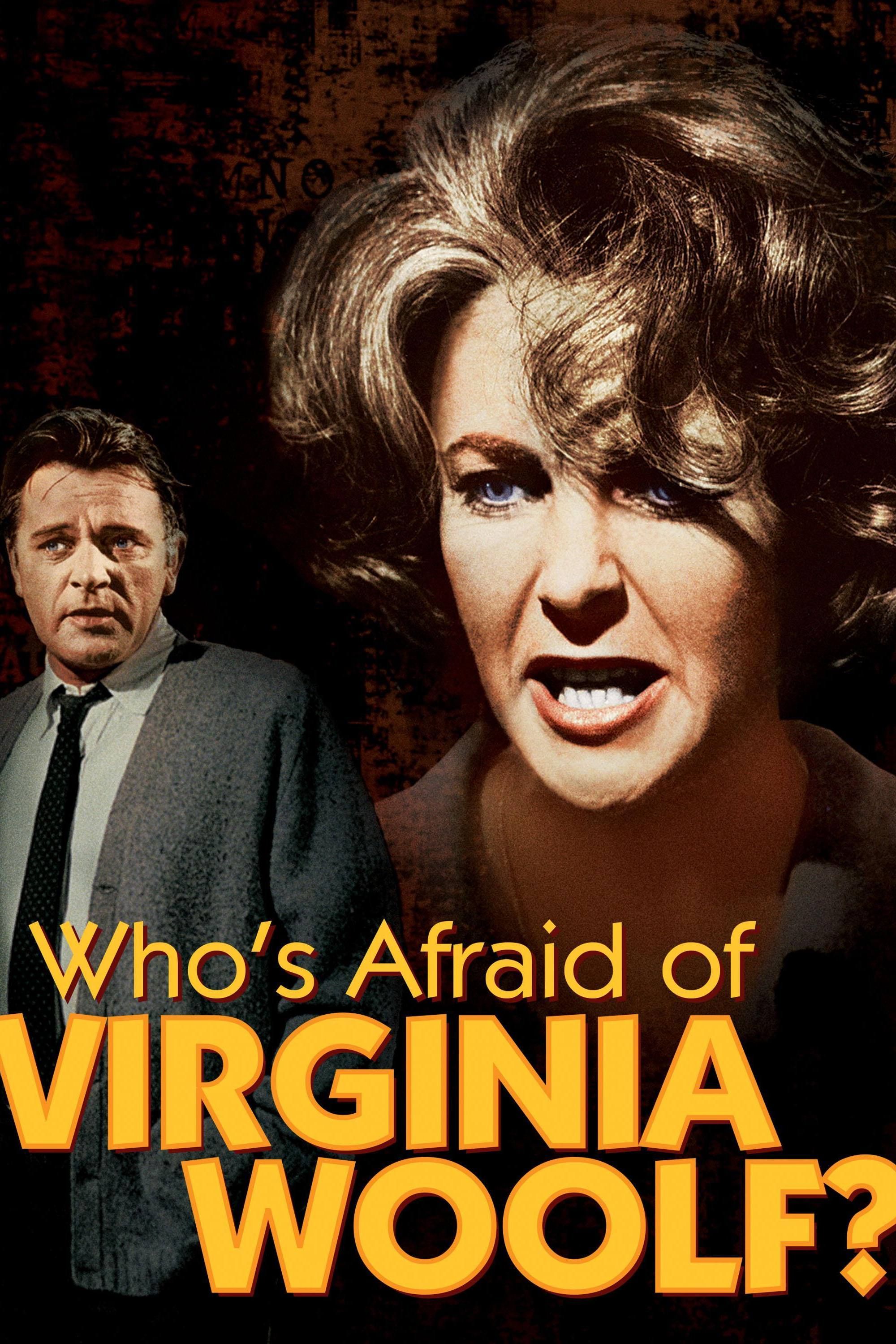
Who’s Afraid of Virginia Woolf?
- Release Date
- June 21, 1966
- Runtime
- 132 Minutes
Watch on Max
2 ‘Amadeus'(1984)
Letterboxd Rating: 4.3
Antonio Salieri (F. Murray Abraham) begins to resent the young Wolfgang Amadeus Mozart (Tom Hulce) as he continues climbing the ranks as a formidable composer despite being a childish, arrogant, and vulgar individual. Frustrated and confused as to why God blessed Mozart with such success, Salieri’s envy consumes him, and his scheming gradually turns more sinister.
Establishing itself as one of the best unconventional biopics of all time, credit for Amadeus should be given to Peter Shaffer and his innovative 1979 stage play. The film truly transcends the page as so much effort is placed on bringing 18th-century high society to life. A gripping narrative is set against the background of stunning costumes, booming classical music, and powerful performances. Such a combination was guaranteed to achieve success. Featuring an all-time great performance from Abraham and a chaotic yet mesmerizing turn from Hulce, Amadeus is perhaps the pinnacle of the period genre.
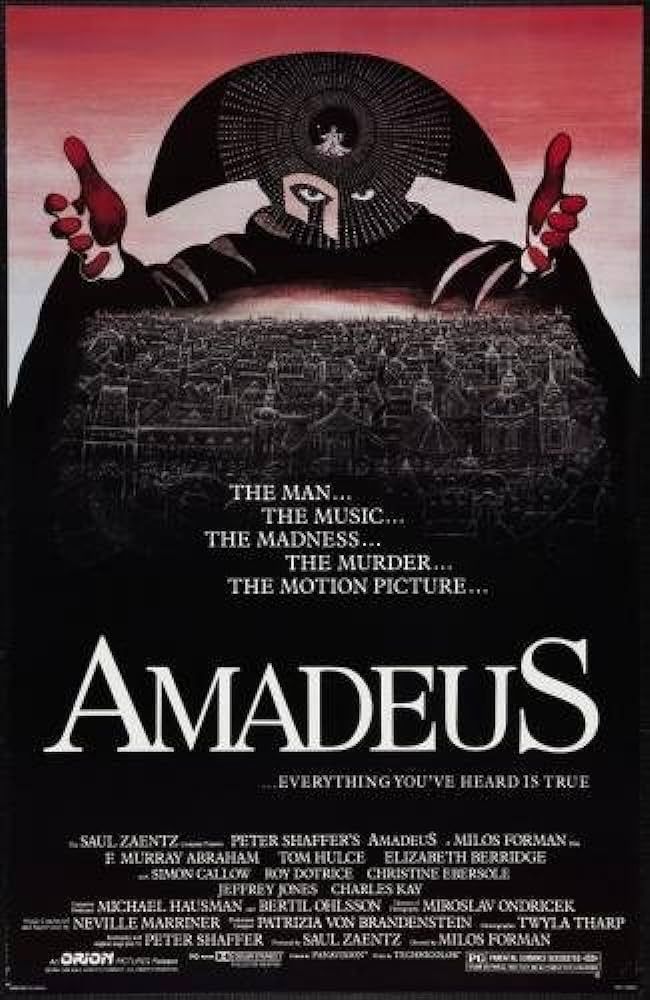
Amadeus
- Release Date
- September 19, 1984
- Director
- Milos Forman
- Cast
- F. Murray Abraham , Tom Hulce , Elizabeth Berridge , Simon Callow , Roy Dotrice , Christine Ebersole
- Runtime
- 160
- Writers
- Peter Shaffer
1 ’12 Angry Men’ (1957)
Letterboxd Rating: 4.8
When a young man is put on trial for the murder of his father, a 12-man jury must determine his fate. The deliberation process becomes a lot more complicated when only one man votes for his innocence, defying the other eleven, who quickly find him guilty. Required to reach a unanimous verdict, all the jurors must analyze the evidence as they risk sending an innocent to their death or allowing a guilty man to walk free.
Where courtroom dramas tend to focus on the lawyers and the defendants, 12 Angry Men takes viewers behind the bench to witness those who really have the power to prosecute: the jury. Though minimalist in setting, this movie makes up for it with drama and complexity, showcasing the wonders of well-crafted dialogue and the flaws of judgment. Funnily enough, 12 Angry Men isn’t only considered the best stage adaptation but is also seen as one of the highest-rated movies across Letterboxd itself.
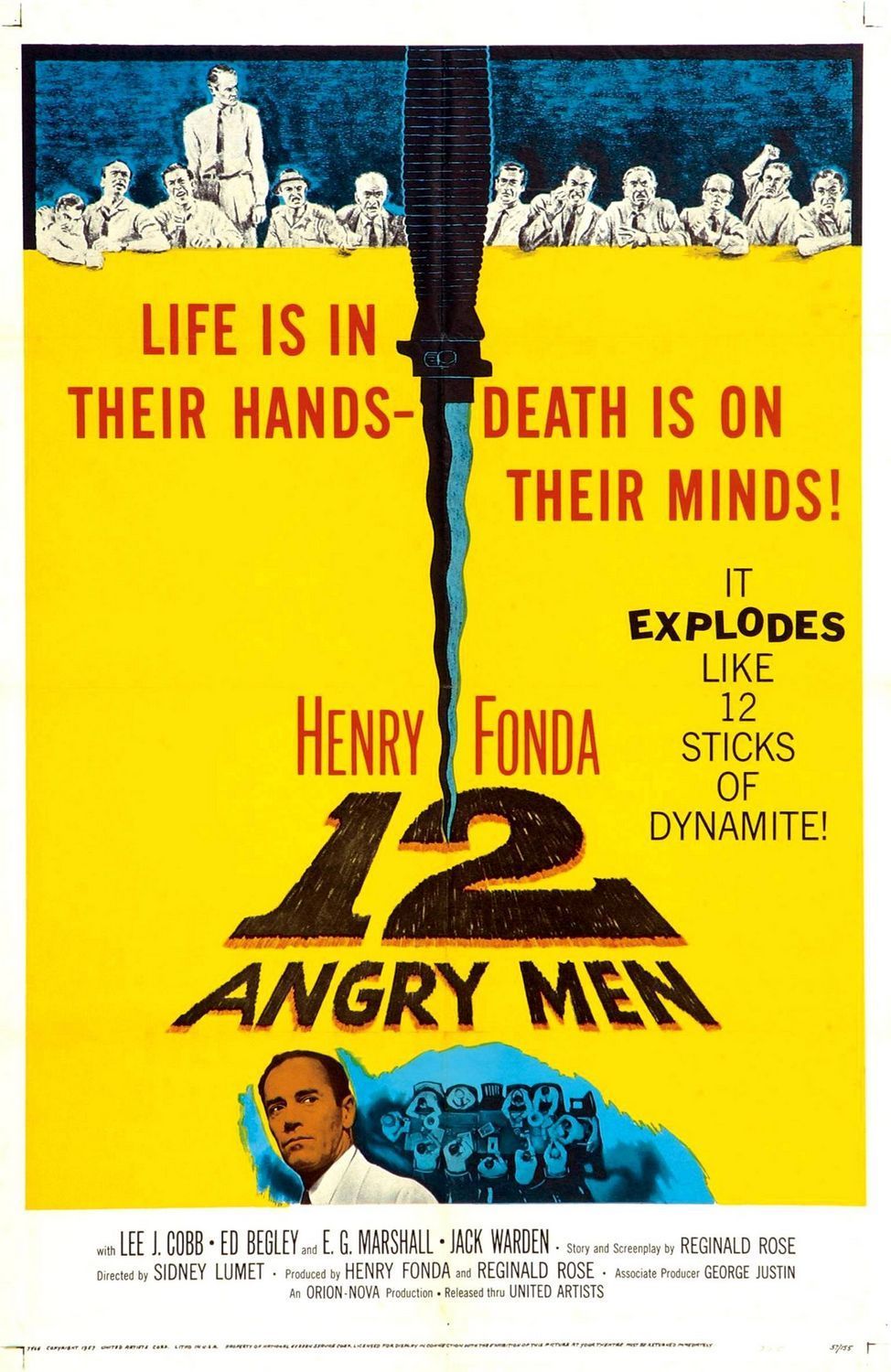
12 Angry Men
- Release Date
- April 10, 1957
- Cast
- John Fiedler , Henry Fonda , Martin Balsam , Jack Klugman , Lee J. Cobb , E.G. Marshall
- Runtime
- 96 minutes
- Writers
- Reiginald Rose


